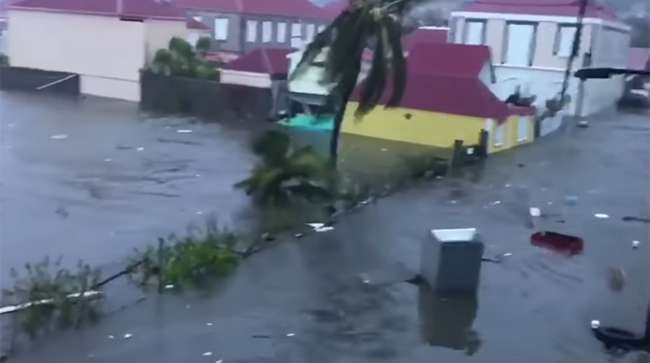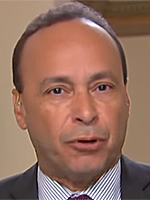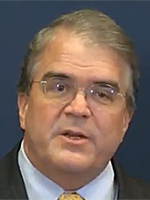Senior Reporter
USDOT Boosts Emergency Aid for Puerto Rico, US Virgin Islands

Puerto Rico and the U.S. Virgin Islands will receive additional funds to help agencies there pay for highway infrastructure that was damaged by back-to-back hurricanes in September, the U.S. Department of Transportation announced Nov. 22.
Puerto Rico will receive $30 million, while the U.S. Virgin Islands will receive $6 million in emergency aid. The repairs will be focused on infrastructure critical to transporting goods and services between metropolitan regions.
“These additional funds are part of the department’s long-term commitment to helping the people of Puerto Rico and the U.S. Virgin Islands rebuild and recover from devastating storms,” Transportation Secretary Elaine Chao said.
The department had provided Puerto Rico with $42.5 million in aid from the Federal Highway Administration responding to the natural disasters. The U.S. Virgin Islands had received $2 million.
Since hurricanes Irma and Maria struck the islands, about half of Puerto Ricans remain without power, while large portions of the Virgin Islands have yet to be repaired.
These additional funds are part of the department's long-term committment.
Elaine Chao, U.S. transportation secretary
Prior to the Thanksgiving recess, the White House called on Congress to approve $44 billion for hurricane response efforts at the islands, as well as Texas and Florida. Puerto Rico Gov. Ricardo Rosselló and Resident Commissioner Jenniffer González-Colón, both Republicans, requested $94 billion in recovery relief.
Texas was devastated by Hurricane Harvey, which dropped a record 52 inches of rain.
Congress is expected to consider a disaster relief bill before the end of the year. With several key lawmakers calling the $44 billion request from the White House inadequate, requests for additional aid is a strong possibility.
House appropriators have scheduled a series of hearings meant to evaluate supplemental spending requests from the Trump administration.
For González-Colón, Puerto Rico’s nonvoting congressional representative, leaders will advance supplemental funding measures that would dedicate aid for the territory’s freight corridors along the ports and the metropolitan regions of San Juan, Ponce, and Mayaguez. Island officials have called on federal partners to deliver nearly $100 billion in aid to repair the electrical grid, and for enhancing freight connectivity. The island, a world-renowned hub for pharmaceuticals, also is a major exporter of sugar, coffee, rum, and tropical fruits.

Gutiérrez
Democratic Reps. Nydia Velázquez, Adriano Espaillat, and José Serrano of New York, along with Raul Grijalva of Arizona, Luis Gutiérrez of Illinois, and Darren Soto of Florida urged Republican leaders to provide Puerto Rico’s governor with additional emergency aid.
Meanwhile, Senate Majority Whip John Cornyn (R-Texas) said additional aid was crucial to assist communities in southern Texas that were flooded by Hurricane Harvey. Republican Rep. John Culberson, Cornyn’s colleague in the Texas delegation, also was critical of the request that came from the Office of Management and Budget.

Culberson
“The OMB request is very disappointing. Not only is it completely inadequate, it shows OMB’s complete lack of understanding of the fundamental needs of Texans. They responded to the largest housing disaster to date without requesting any money to help Texans rebuild their homes,” Culberson said. “We must do far more to rebuild, repair and allow Texans to return to normal as quickly as possible. Thankfully, Congress funds the government — not OMB. I will work tirelessly with my colleagues to fix this.”
Sen. Mike Crapo (R-Idaho) echoed Cornyn’s sentiment, arguing the White House’s request “shortchanged” residents from wildfire-hit towns along the Pacific Northwest.
Yet, fiscal conservatives on Capitol Hill are suggesting relief aid cannot flow endlessly to states and territories. Rep. Mark Meadows (R-N.C.), chairman of the hard-right House Freedom Caucus, said big-ticket items would need to be offset in the budget if they’re going to be funded through disaster relief legislation.





